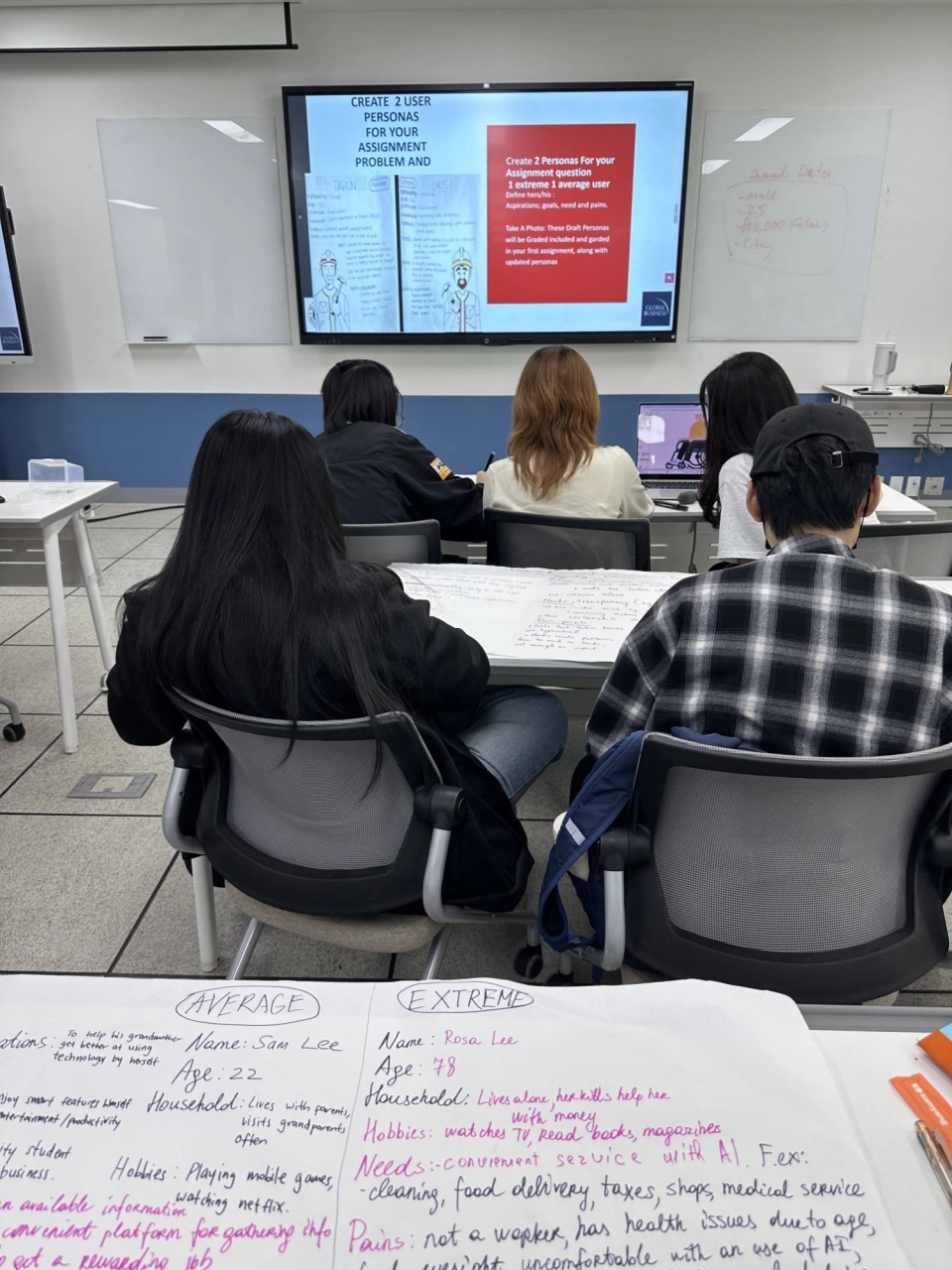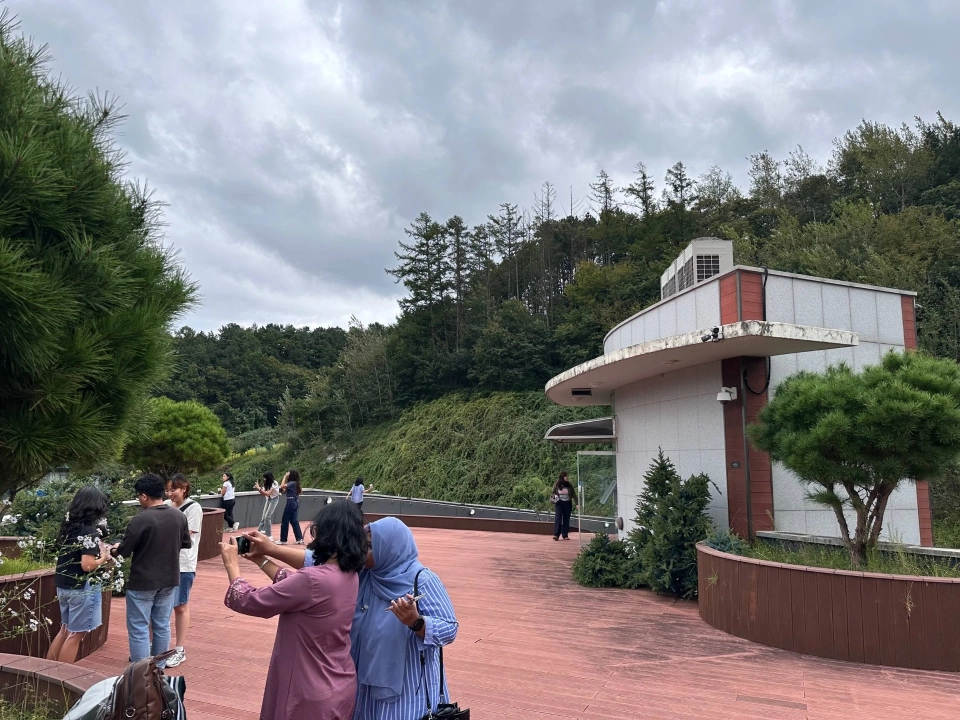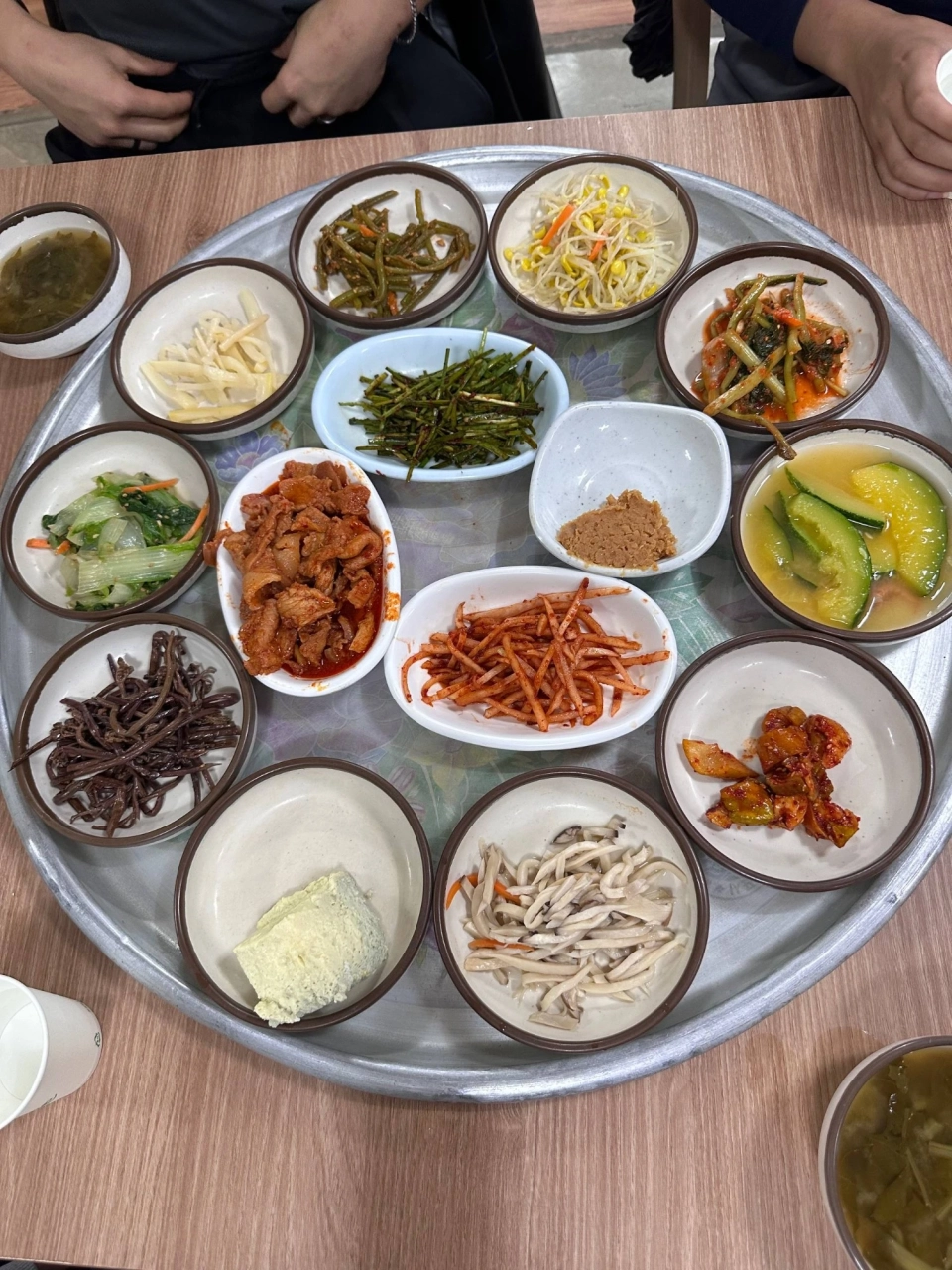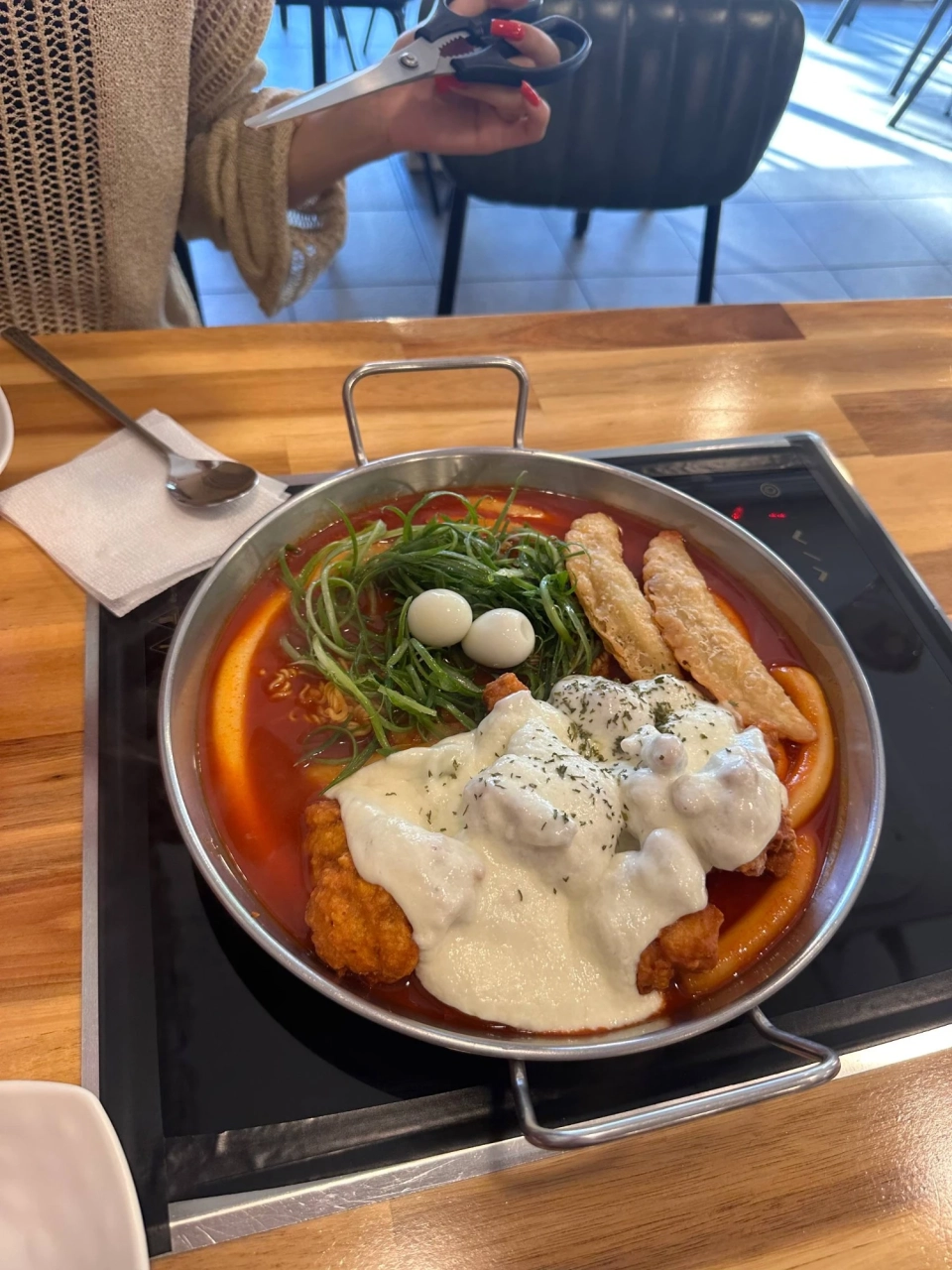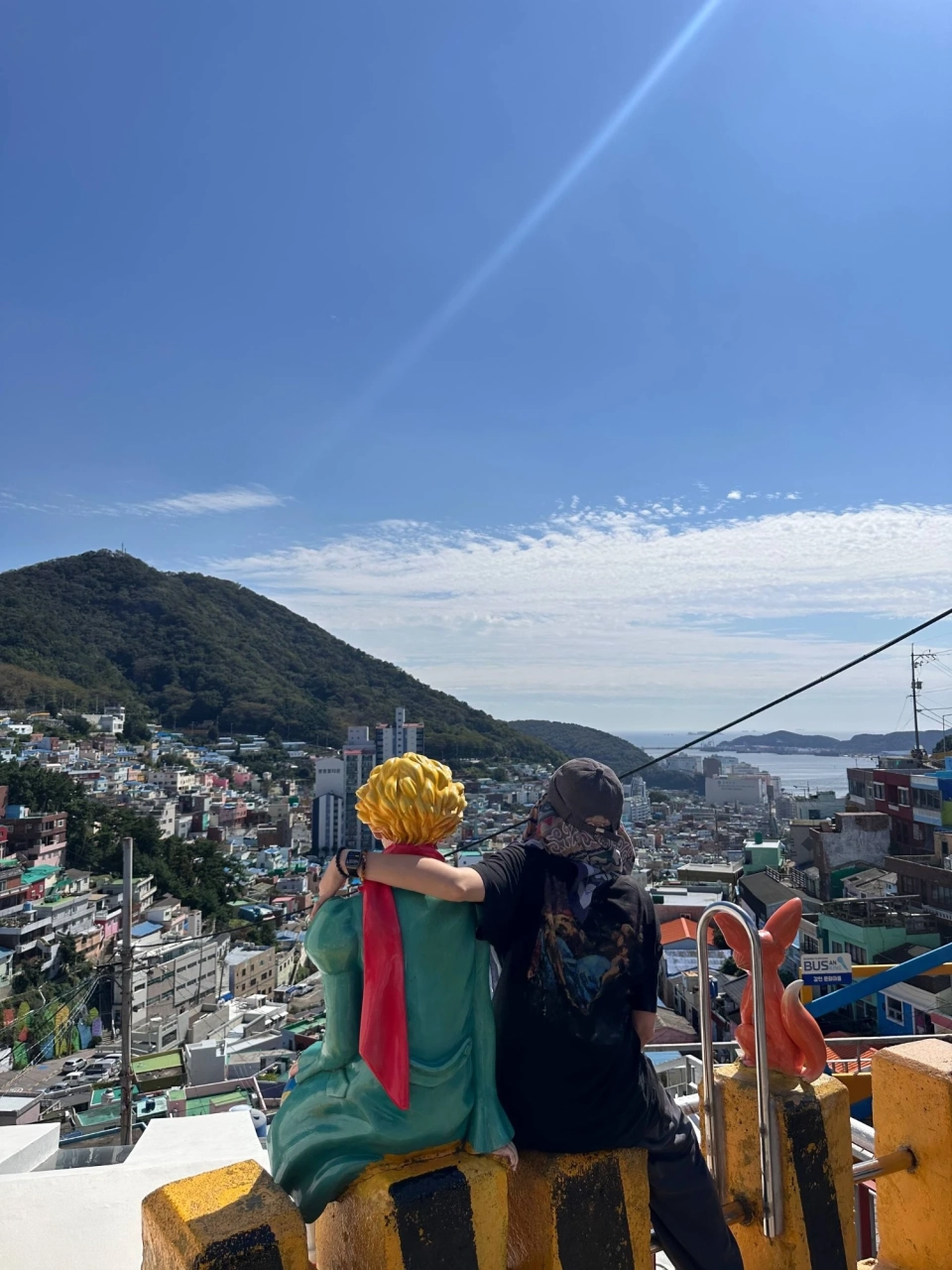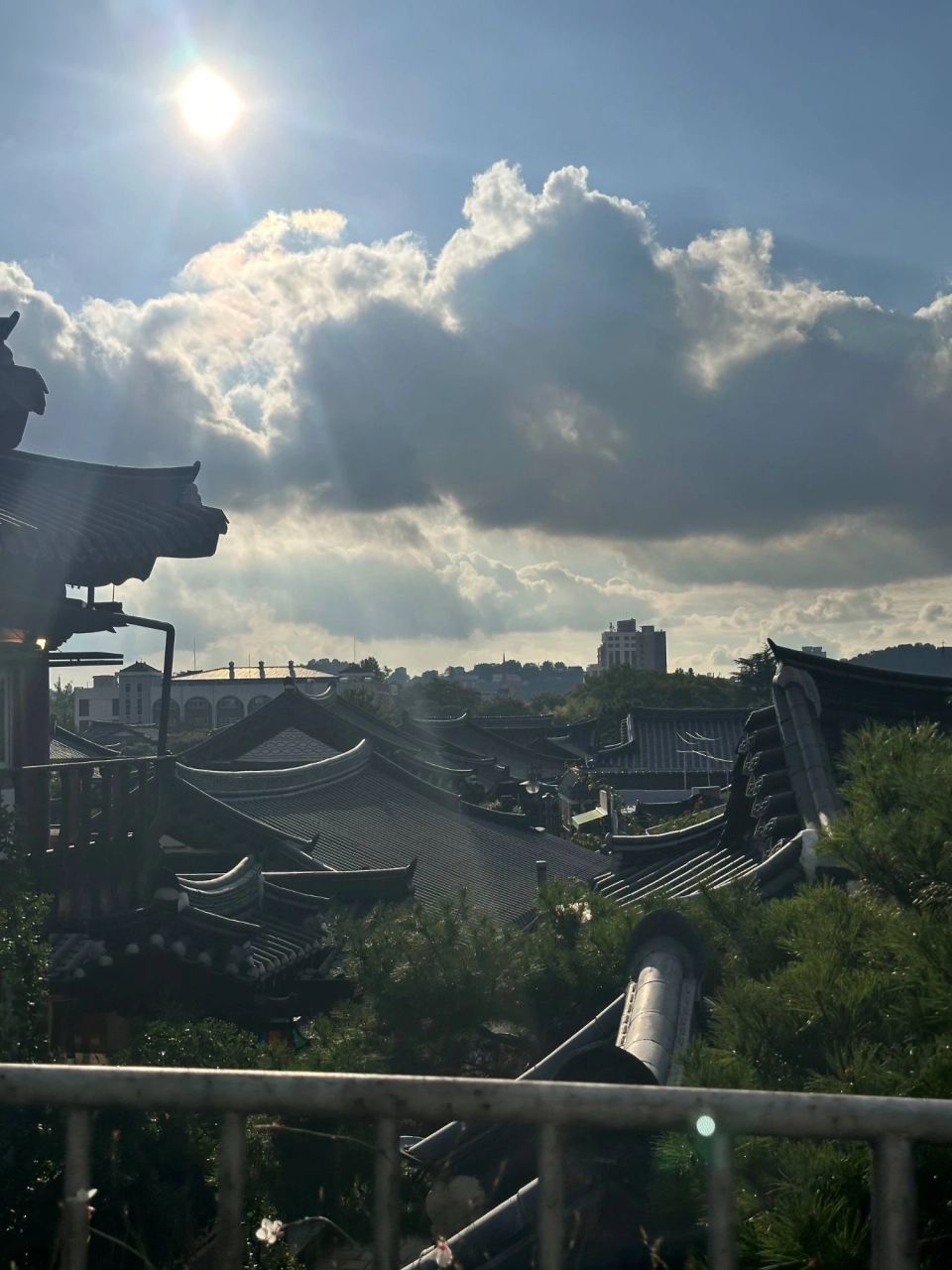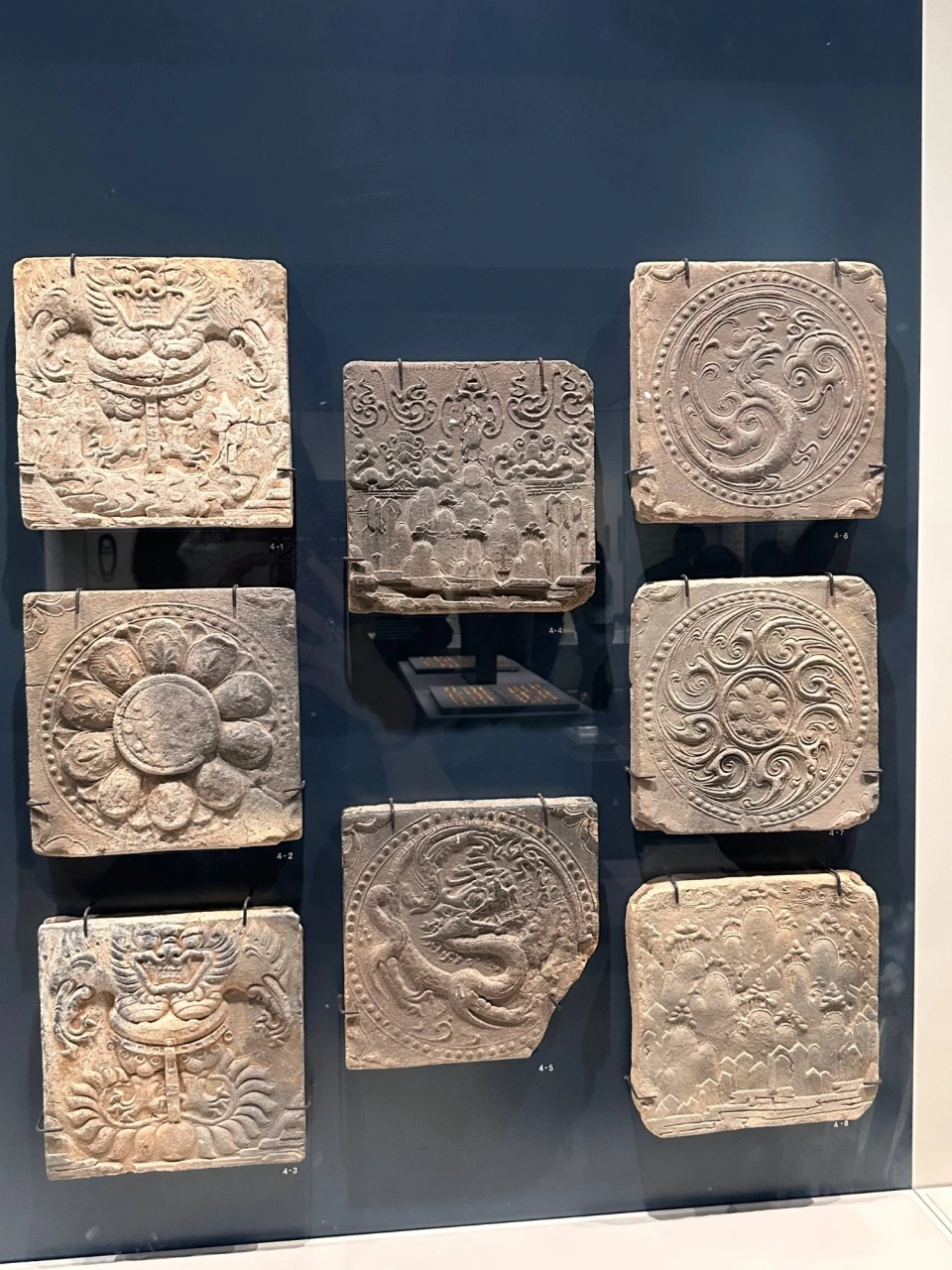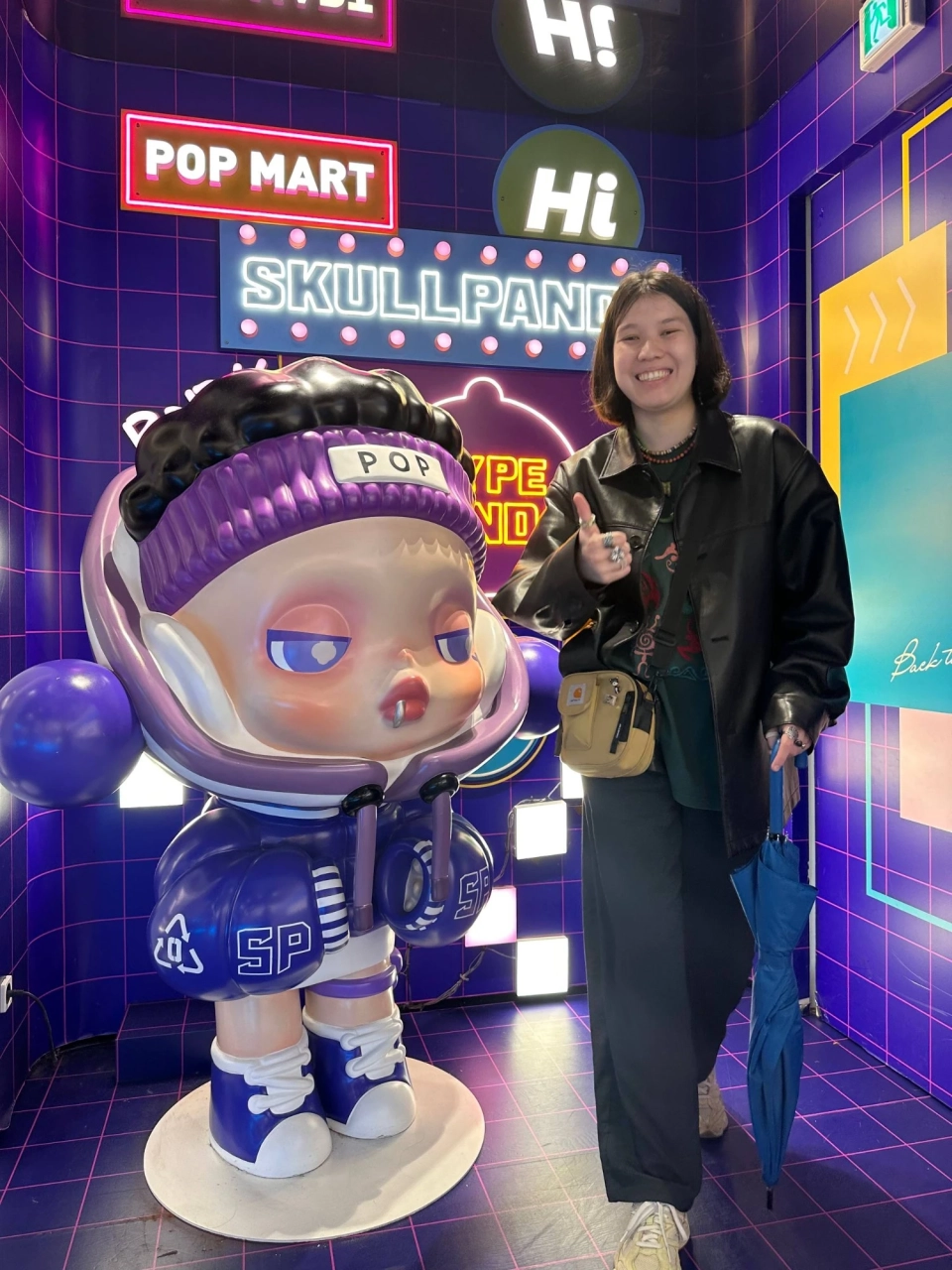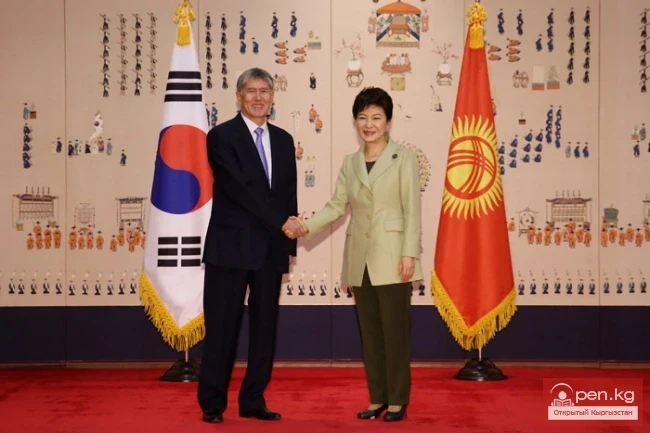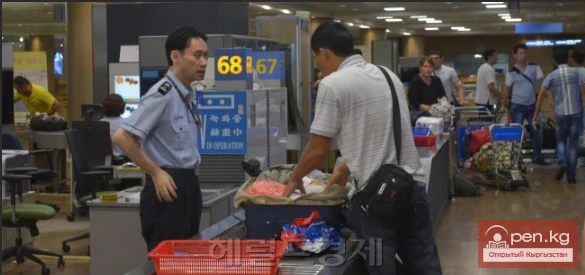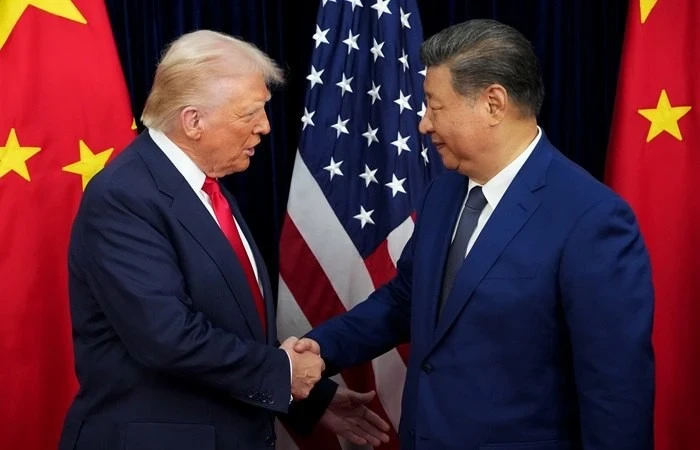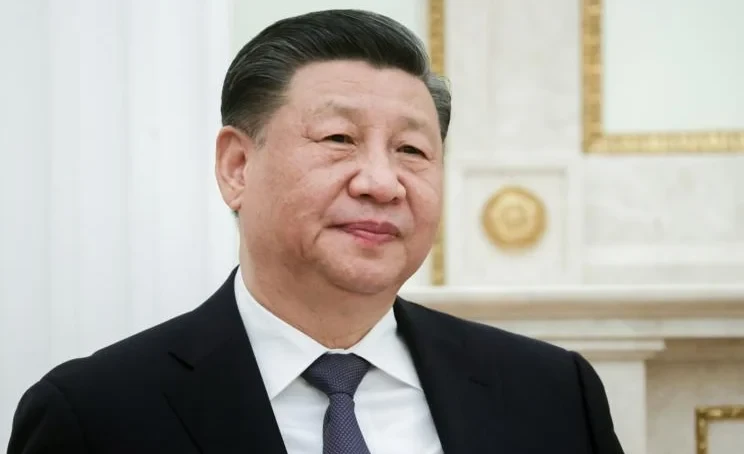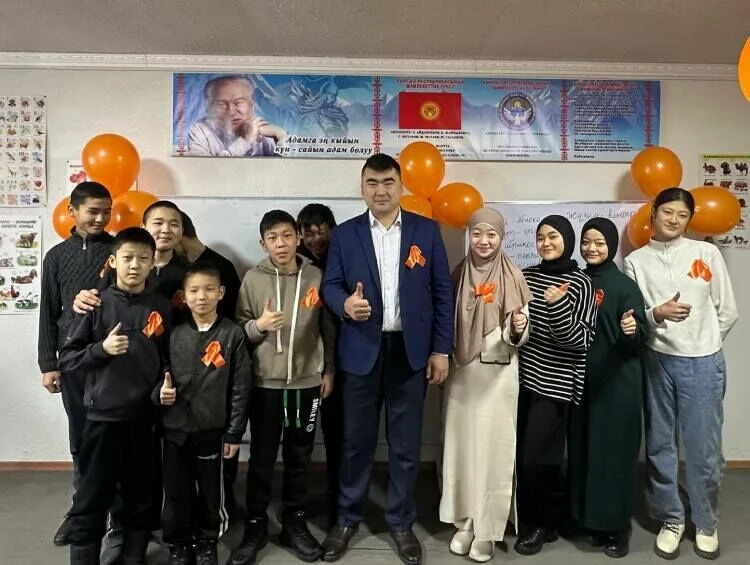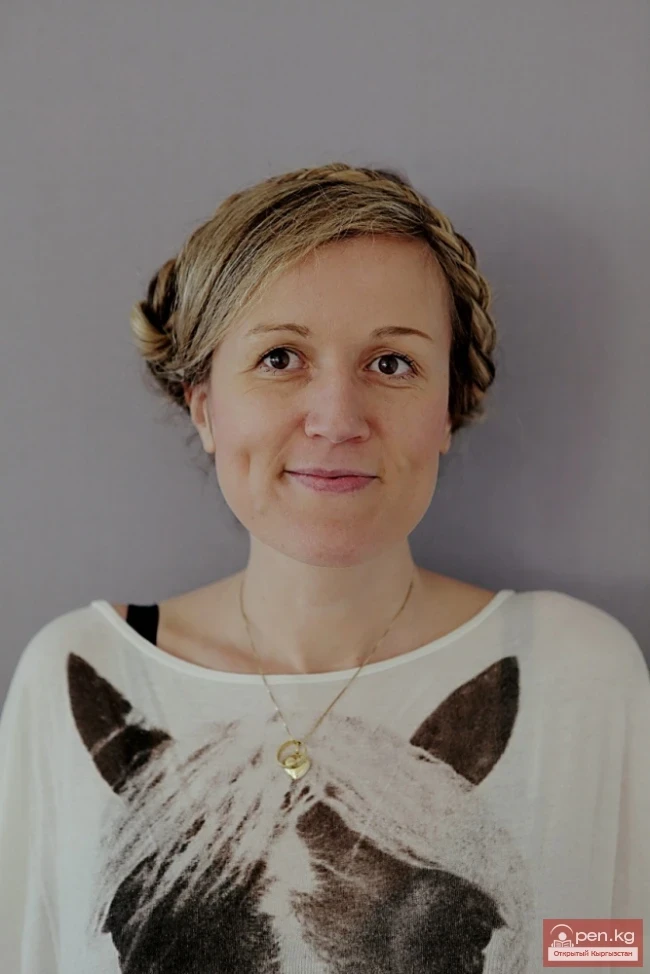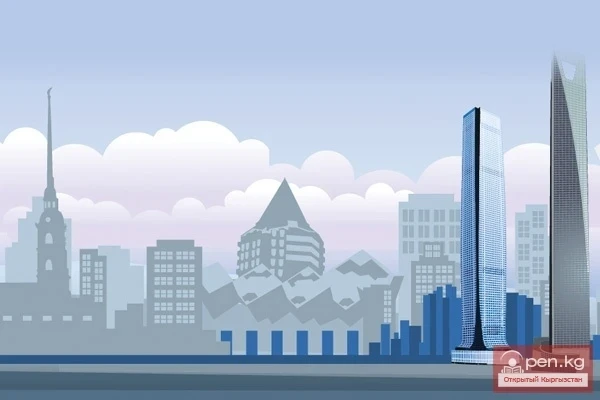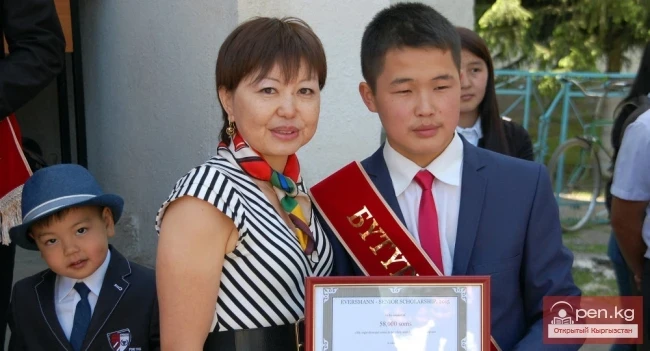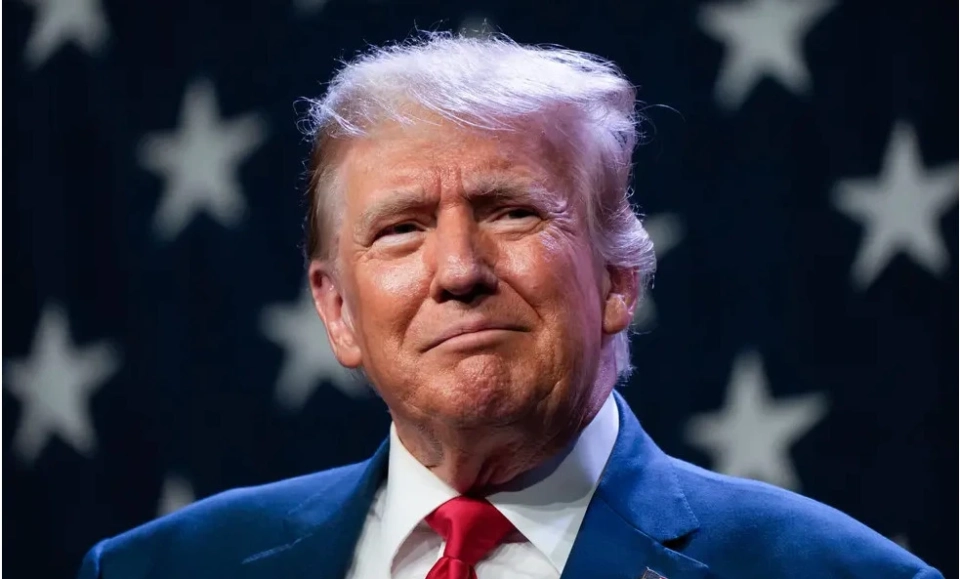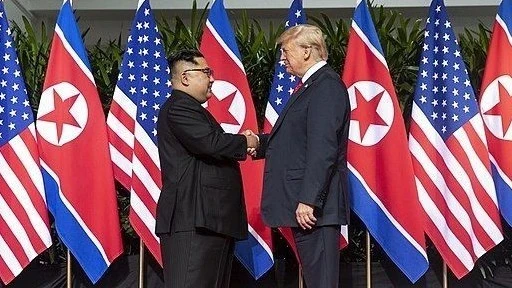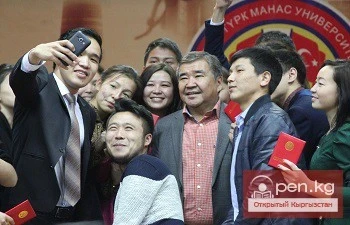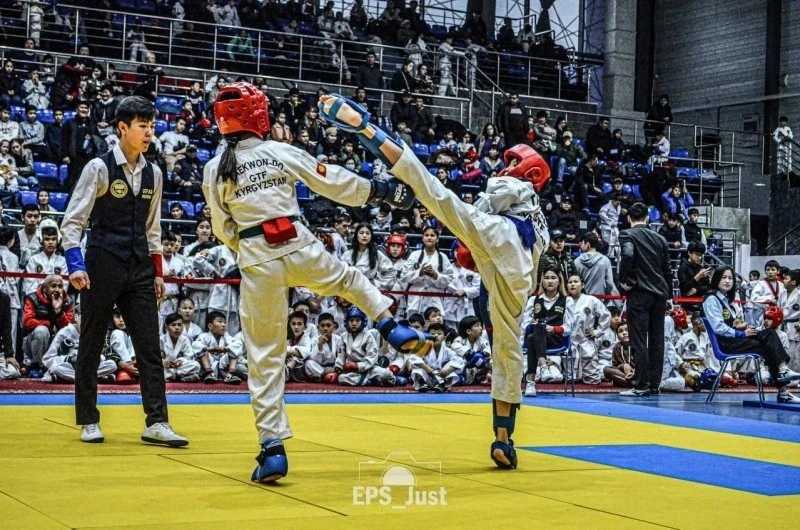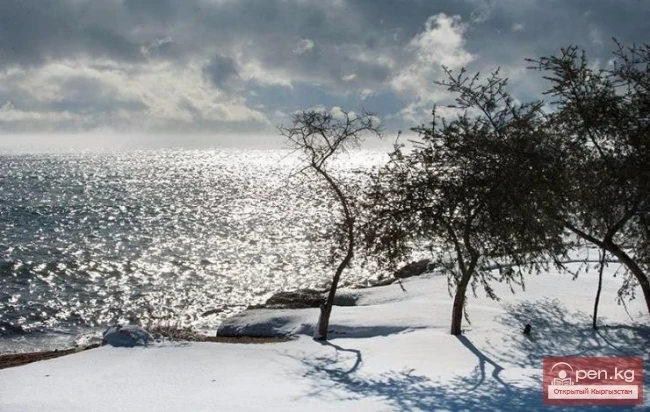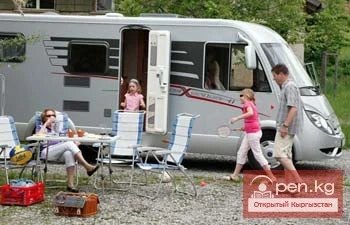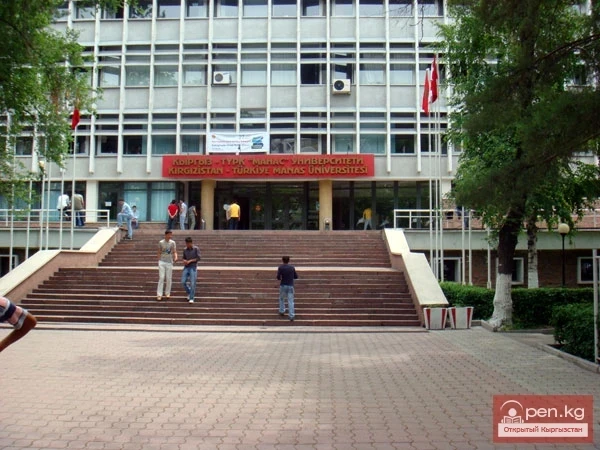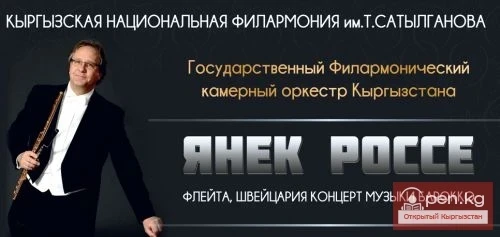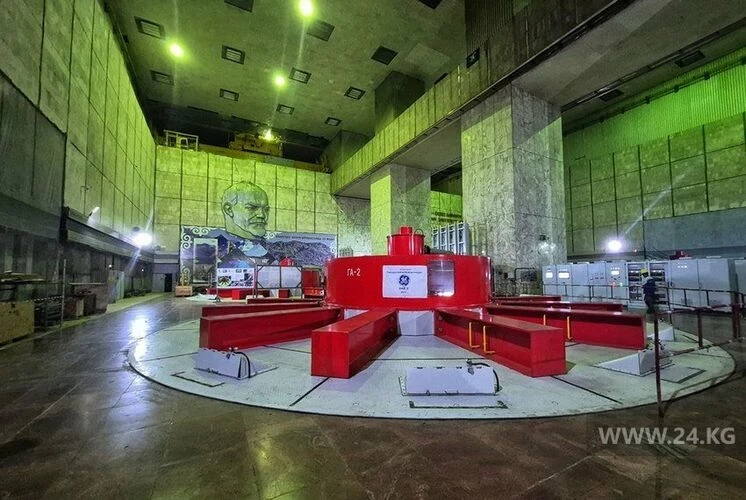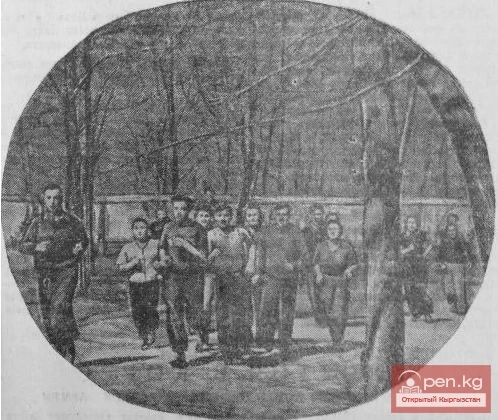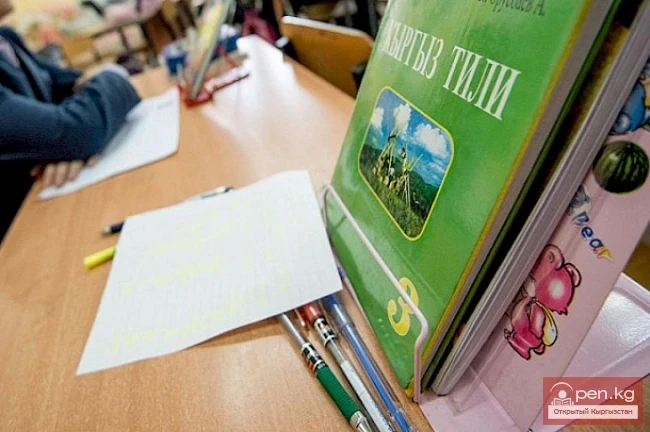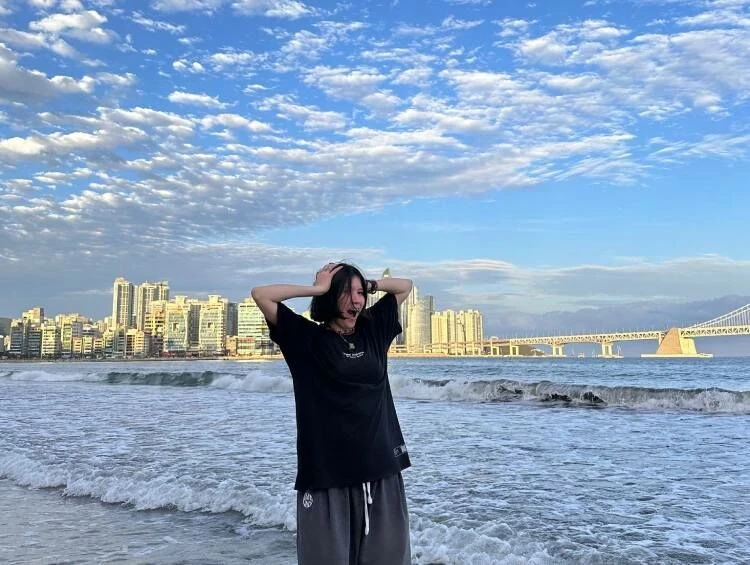
Exchange studies do not always go carefree and rosy. For many students, it is a real test of resilience, adapting to a new culture and language barriers. Arina Kydralieva, a student from Kyrgyzstan, was able to experience all the difficulties of life in a big city without knowing the language. Not everyone would dare to take such a step.
In an interview with 24.kg, she candidly shared her impressions of the exchange program in South Korea, her nostalgia for home, and how she learned to cope with difficulties in a new country.
Adaptation and First Impressions
— Tell us about yourself.
— My name is Arina, I am 20 years old. I was born and raised in Bishkek. I am currently in my third year at the Journalism and Mass Communications faculty of AUCA. In September, I arrived in South Korea for a semester exchange.
— How did you find out about the exchange program and why did you choose Korea?
— My university has a special office that informs students about partner universities for exchange every semester. I chose Korea, although I had not previously been interested in its culture. My desire to go there arose from a wish to learn more about the country. Additionally, shortly before my trip, I visited the Czech Republic on another program and wanted to compare two completely different cultures.
— What are the differences in studying in Korea and at your university?
— I study at the Global Business faculty, the only one where classes are taught in English. The other faculties operate in Korean. Since I did not plan to delve into business, I chose more courses in culture and sociology.
In Class with Arina Kydralieva
The main difference is the cultural context. In class, I encounter situations that Korean students understand intuitively, while for me, they are new. However, I have excellent teachers who take into account that there are foreigners in the group and try to explain familiar things in more detail.
Unlike AUCA, where we had a 40-minute lunch break, here I have no time for lunch. I can only eat during free windows between classes.
Interestingly, I accidentally enrolled in three courses with one teacher. At first, I was worried about this, but now I understand it was the right decision. He speaks excellent English and teaches courses on Korean culture, which I find very interesting.
— What was the most difficult thing in the first weeks after your arrival?
— I remember the first week as a real nightmare. I felt very uncomfortable and almost returned home on the fifth day. But after talking to friends who are also on exchange, I realized that this is a normal state, and many of us go through this. Now, I still feel homesick, but it is not as strong. I realized that I am here for a short time, only four to six months, and I need to enjoy every moment and travel.
Photo by Arina Kydralieva
Food Prices
— What surprised you in the new country?
— I was more surprised not by the dishes but by their cost. For example, lunch in small cafes or canteens near the university is significantly cheaper than cooking at home.
I was shocked to find that beef is the most expensive meat here. In Kyrgyzstan, I could afford to eat meat dishes every day, but here I have only tried beef once, and that was not in a Korean restaurant, but in an Indonesian one.
I like Korean cuisine (except for spicy food), and I did not experience a shock from the food. However, sometimes I really miss the homemade lagman that my father makes...
Public Transport in Korea
— I was impressed by the quality of public transport — it is very convenient and well-organized. One card allows you to use all types of transport in different cities, and everywhere is clean, with special places for the elderly and pregnant women that are always free. Giving up your seat to the elderly is not mandatory, but residents do it as a habit. High-speed trains are a separate topic. I live in the center of South Korea and can reach any city in two hours!
Photo by Arina Kydralieva
Traveling around the country is relatively cheap, with various two- and three-day tours available for just 2,000 soms, including transport, meals, and accommodation.
— What do you like most about life in Korea?
— I like the people and the history. After visiting several historical museums, I realized how much Korean society values collectivism and mutual assistance. Their culture is built on supporting those around them, and I noticed this in the behavior of every Korean I interacted with, from shopkeepers to classmates.
If I need help, people are always ready to assist, even if they don’t speak English (which, unfortunately, often happens). I can’t say that Koreans adore foreigners, but they are responsive and try to be understanding.
Among my friends, there is only one Korean, but he is different from the others: he is sociable and travels a lot, so he is interested in getting to know me.
Photo by Arina Kydralieva
Koreans have a neutral-positive attitude towards foreigners. Sometimes young people are shy to make acquaintances due to language barriers or simply show no interest. Moreover, I study at a university where there are more Koreans than foreigners, so it would probably be easier to socialize in a more international environment.
Traveling in Korea
— Do you have any funny or awkward stories related to cultural differences or language?[/b>
— The most common question Koreans ask when they meet is, “Where are you from?” Most often, they do not know where Kyrgyzstan is and confuse it with Kazakhstan. Some may even think that I am local or at least understand the language.
I mainly travel with two guys from Indonesia and a girl from the Philippines. At the beginning of October, we spent three days together in Seoul, exploring the Korean metro and culture. I’m sure this won’t be our last trip together.
[b]— What places have you already visited in Korea?[/b>
— In two months, I managed to visit eight cities and provinces, including Daejeon, Seoul, Busan, Ulsan, Gwangju, Jeonju, Mokpo, and Muju.
I was particularly impressed by Gwangalli Beach, which offers a view of the huge skyscrapers and famous bridges of Busan. I liked this city the most; it seems brighter and more unusual than Seoul, although it is essentially the same megacity. Busan is located on the coast, and it is much warmer compared to the northern part of the country.
Gwangju has many interesting art spaces and museums, such as the National Asia Culture Center, Media Art Platform, and Lee Lee Nam Studio (which is more of a café, but exhibitions are held on the first floor). I noticed that Koreans actively use multimedia in installations, including social and cultural contexts. These three places left a great impression on me.
Photo by Arina Kydralieva
At Lee Lee Nam Studio, I saw an exhibition featuring works created by people with special needs, including autism and oligophrenia. It’s great that such individuals can express their uniqueness and reveal themselves through art!
I really love museums, galleries, and art spaces. I didn’t have enough time to properly explore the National Museum of Korea; it is huge. Moreover, I arrived during Chuseok, and there were many people. I dream of visiting all the popular art museums in Seoul and Busan and might even risk going for just one day just for that.
[b]— What do you admire most about Korean culture?
— The respect for personal space combined with responsiveness. No one will disturb you unnecessarily, but if you need help, despite language barriers, you will definitely receive assistance.
I enjoy watching people in traditional Korean clothing at tourist spots. There is always an opportunity to rent a hanbok. It’s nice to see how people take pride in their culture and showcase it.
Koreans highly value their culture. Despite globalization, they strive to prioritize traditions and teach this to their children.
K-Pop and Its Influence
— Can you live in Korea without listening to K-Pop?— Yes, you can. I am not a fan, but I wouldn’t say I dislike it entirely. K-Pop plays in all stores, and the ambassadorship of idols plays a significant role in Korean marketing. The faces of popular artists are everywhere: in clothing stores, cafes, fast food restaurants, and on food packaging.
Photo by Arina Kydralieva
In a way, idols become role models not only for the youth but for society as a whole. They have many standards and prohibitions, and the cancel culture in Korea is very strict. This creates a unique subculture.
Many young people in Kyrgyzstan love K-Pop, and for many, this music sparks an interest in Korean culture. I don’t understand those who despise K-Pop or find it boring. It is a unique example of how music can awaken love for the culture and traditions of an entire nation.
— How have you changed after this trip?[/b>
— I have become more self-sufficient and independent. Living in another country, I realized what freedom of choice means. In a few months, I will return home and finish my studies in Kyrgyzstan. I don’t think I will return to Korea in the future. Traveling and studying here is certainly interesting, but living and working is a different story, much more complicated.
Photo by Arina Kydralieva
If we talk about other countries, I would really like to get a master’s degree at a good university in Europe. So far, I have only seen Prague, so this is far from my last study trip abroad.
[b]— What advice can you give to those who want to go on exchange but are hesitant?
— The simplest but very important advice is not to be afraid and not to doubt. Everyone who went on exchange has no regrets about it. Yes, the visa procedures can be stressful, and homesickness is also present, there are aspects that can be irritating in a foreign culture. But that’s the essence! When else will you be able to travel like this while you are young?
Don’t be afraid to try new things and live every moment. © Olga Buzova.
